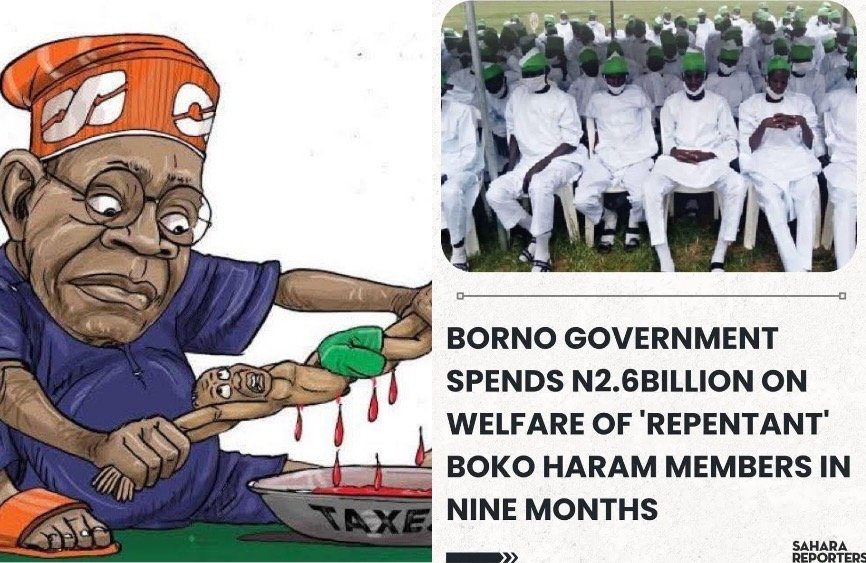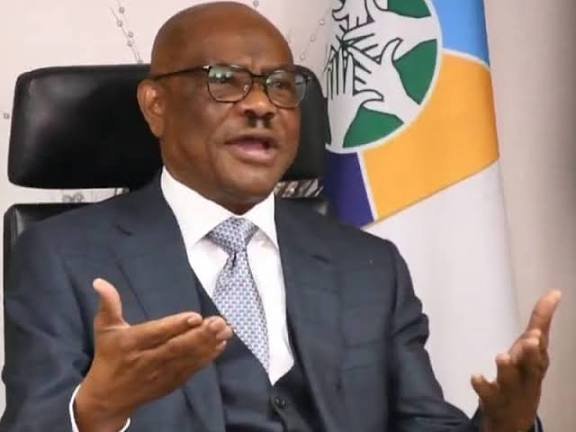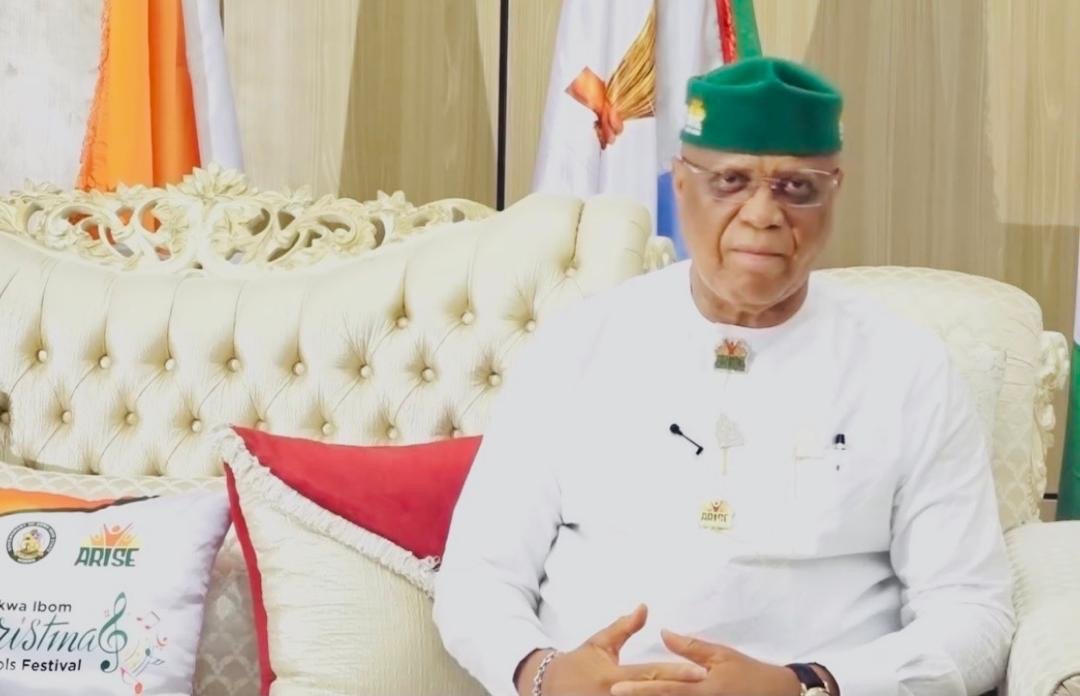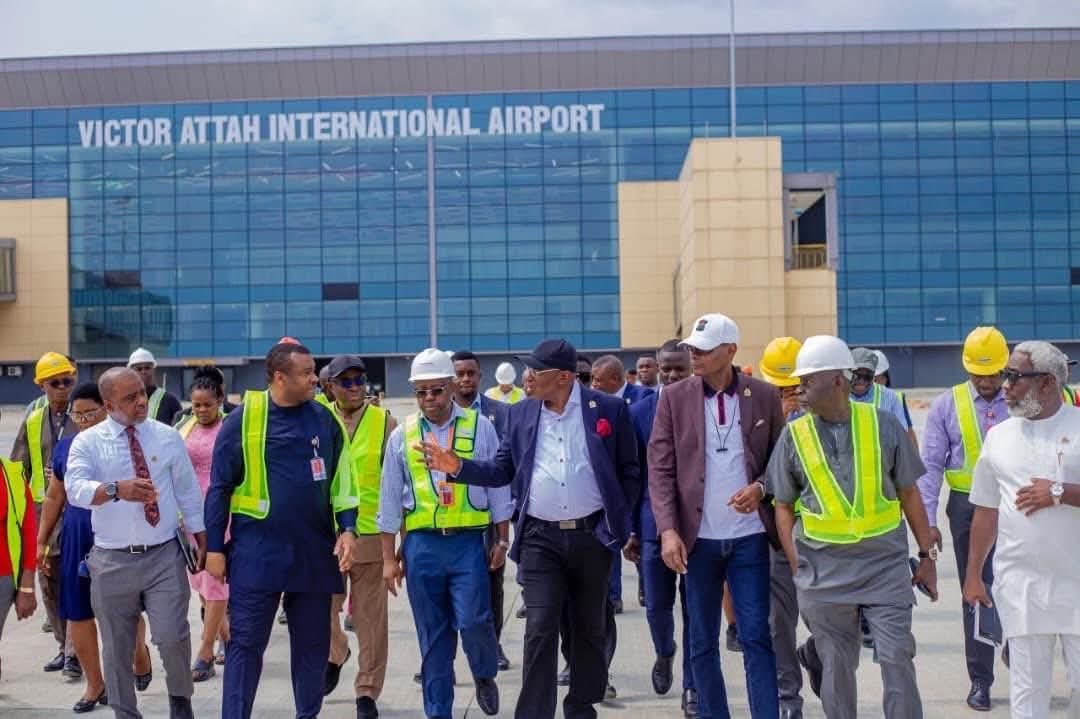By Tom FredFish
For years, rivers of innocent blood have flowed across the valleys of Plateau, Benue, Kaduna, and Niger States. Christian communities have been burned out of existence; churches razed on Christmas Eve have become an annual tragedy in Northern Nigeria. Year after year, the scenes repeat as worshippers are slaughtered, homes torched, and survivors left to pick through their ashes in silence. Yet, successive Nigerian governments have treated these horrors with the indifference of a spectator.
From the mass killings in Barkin Ladi and Bassa, to the razing of the village of the Yelewata community in the Guma Local Government Area (LGA) of Benue State, including Rumji, Kurmin Masara, and Asha-Awuce, Kunkum Daji, all in Southern Kaduna, the story remains painfully the same. Attacks are announced in advance, no arrests afterward, and statements of “deep concern” that lead nowhere. What began as isolated incidents has grown into a sustained campaign of terror against defenseless citizens, particularly Christians.
President Bola Ahmed Tinubu’s government, like those before it, appears content to look the other way. Instead of decisive action, we see the politics of appeasement, a timid dance to please the Fulani elite and preserve political support ahead of 2027. Human lives have become pawns on a board of political calculations. The government’s silence has become so worrisome and ingenious. It is against this background that foreign leaders’ harsh rhetoric, like that of Donald J. Trump’s recent eruption of rhetoric about Nigeria, that “If we attack, it will be fast, vicious, and sweet,” should not be taken as a theatre to laugh off.
It is a wake-up call, a diplomatic gut-punch, and a dangerous thermometer reading of how badly Nigeria’s failure to protect its citizens has corroded its international standing. The sentence is blunt, menacing, and unambiguous. A foreign leader is openly threatening the use of force if Nigeria does not stop the slaughter of its people. That should terrify every right-thinking Nigerian and shame every public official who has watched mass murder become routine and shrugged.
Why is the international community now in shock? Because the United States is now led by a president who will happily speak in the language of bombs and “sweet” retribution, it has publicly declared its impatience. Trump’s commentary followed his administration’s decision to redesignate Nigeria as a country of special concern for religious freedom and his order that the Department of Defense prepare contingency plans. Whether you cheer or despise Trump, his words expose a core truth that Nigeria’s inability to protect citizens creates openings for outsiders to posture, punish, or worse.
Are the American president’s threats of a military incursion a solution to Nigeria’s tragedies? It is a symptom of our failure. It signals that friends, allies, and rivals alike now view Nigeria as brittle, a state whose monopoly on force is compromised, whose elite answer with excuses while funerals pile up. The real scandal is not Trump’s saber-rattling; it is that successive Nigerian administrations allowed this tinderbox to grow. From Abuja’s silence to half-hearted security operations, the message from the state has been to endure and be invisible. That silence has a price.
President Bola Tinubu’s government is uniquely culpable in the current diplomatic vacuum. For a leader who claims to restore Nigeria’s pride, the hollow cadence of his foreign policy has been deafening. Critical ambassadorial posts remain unfilled even to strategic partners such as the United States, leaving critical diplomatic channels unattended at the very moment crises demand urgent dialogue. In international politics, such absence matters when your embassies are empty and your envoys are unappointed, a country forfeits influence and invites foreign leaders to fill the moral and military vacuum.
Back home to domestic politics, Tinubu’s pattern of appeasement in trying to placate powerful Fulani interests smells of expediency worse than statesmanship. When politicians prioritize short-term votes or elite alliances over security for ordinary citizens, they trade human lives for political calculations. The lingering question is not only “why have these killings continued?” but “who benefits politically from a country that cannot guarantee safety?” The cynical answer that the ruling class fears losing favour with certain elite and regions explains, in part, the slow-moving and sometimes performative responses from the corridors of power.
There is also the practical danger and fear that Trump’s bluster could radicalize the very violence it claims to halt. Heavy-handed foreign threats, unless matched with verified intelligence and collaborative planning with legitimate Nigerian institutions, risk inflaming militant narratives and creating new martyrs. Worse, African geopolitics is littered with examples where external military interventions created long-term chaos out of short-term objectives. Any credible international response must therefore place the law, multilateral pressure, sanctions, and support for professional domestic security reforms not unilateral threats that trade on macho slogans.
Still, the interesting aspect is that when a foreign power publicly threatens force, Nigeria’s ruling elites quake, not because they fear for the lives of ordinary Nigerians, but because such threats expose the fragility of their authority and the rot in our institutions. An embarrassed presidency, under relentless foreign scrutiny, loses leverage, credibility, and ease of corruption. That is why some in power prefer platitudes to prosecution and photo-op condolence visits to decisive security reform.
What President Tinubu must do immediately with the call by Donald Trump for him to act is to immediately place protection for vulnerable communities. Deploy competent security units, increase intelligence-sharing with local communities, and protect places of worship with rapid-response teams; initiate honest and transparent investigations and prosecutions of every massacre. Impunity must end. The nation cannot be both demonstrably lawless and expect international sympathy. He should also introduce a coherent foreign policy and staff our embassies. Appoint ambassadors to key capitals, open lines of diplomacy, and use those channels to defuse threats and coordinate assistance. Nigeria’s silence abroad is costly. Make a bold statement rejecting both foreign invasion and domestic complicity and demand constructive, multilateral security support while closing the internal gaps that allow violence to thrive.
To be frank, if Nigeria does not act, international actors will fill the vacuum in ways that may not be to our advantage. Trump doesn’t make wild threats. The real remedy is homegrown, competent policing, accountable governance, and a foreign policy that projects strength through institution building rather than hollow slogans or the cowardice of unfilled embassies.
Trump’s words “fast, vicious, and sweet” should be an embarrassment to Nigerians, not a consolation. They are the mirror our leaders refuse to look into. What they reflect is not only the cruelty of the killers but the cruelty of a state that tolerates them.
While no nation has the moral right to invade another, the world has the moral duty to prevent genocide. When a sovereign state persistently fails to protect its own citizens, the conscience of the international community cannot remain idle. Intervention may not mean invasion; it may mean sanctions, investigations, or direct pressure, but it must mean something.
Meanwhile, Nigeria’s foreign policy under Tinubu is adrift. Nearly two years into his presidency, the country has no clear direction in international diplomacy. For a government that claims to champion Nigeria’s image abroad, its diplomatic performance has been nothing short of an embarrassment.
What exactly is President Tinubu’s foreign policy vision? Is it Afrocentric, pro-Western, or a continuation of Buhari’s isolationist ambiguity? No one can tell, not even his own foreign ministry. The void in Nigeria’s international engagement reflects the same indecision and lack of empathy that defines its domestic response to violence.
History will not be kind to leaders who, in the face of unrelenting bloodshed, chose politics over justice and silence over protection. The time has come for Nigeria to reclaim its moral compass before the world is forced, once again, to act in our place.
Dr. FredFish is a Foreign Policy Expert, Associate Professor of Political Science Cum International Relations, Journalist, and Political Commentator










